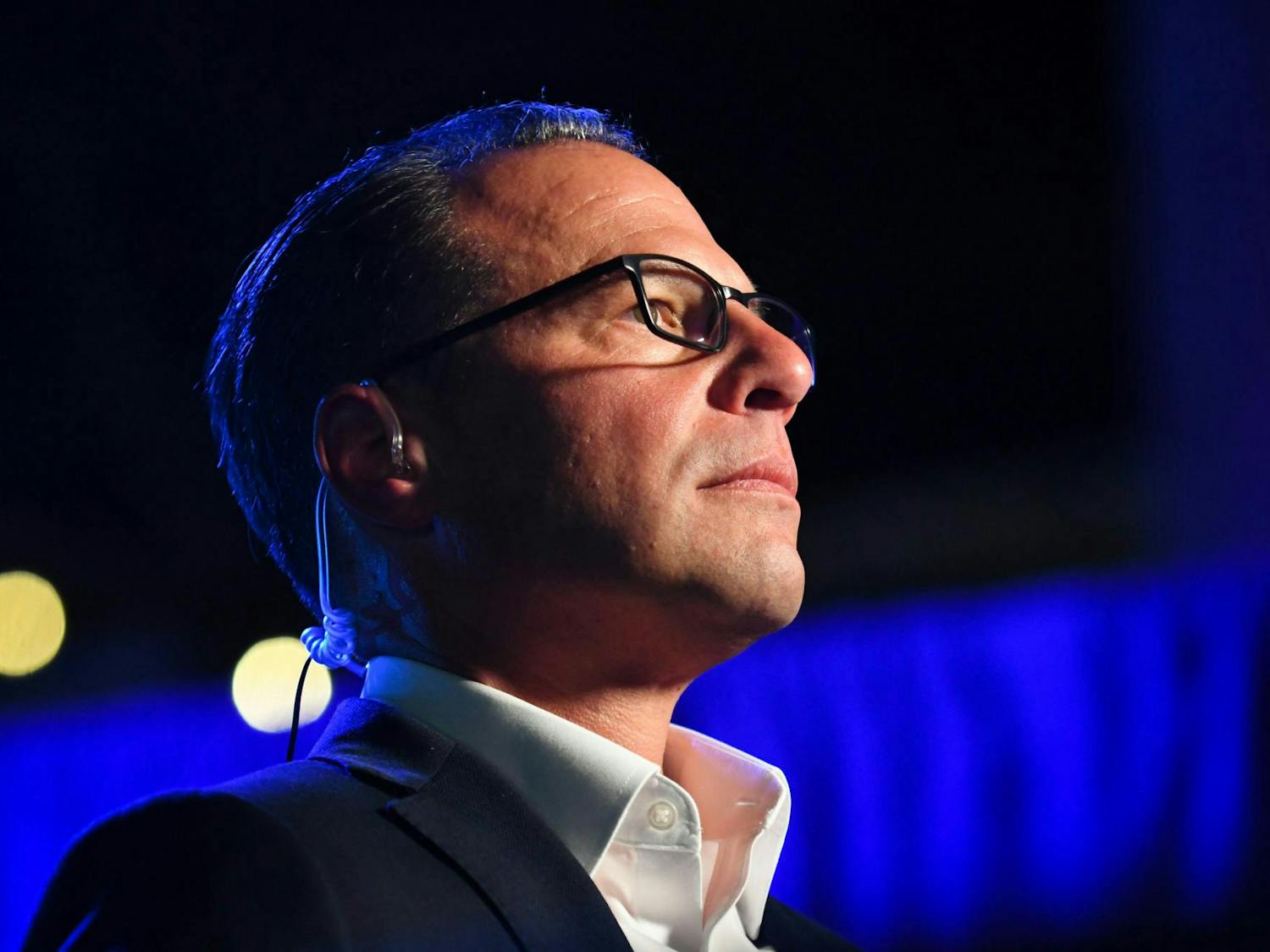Journalism's infamous fabricator Stephen Glass has yet to bow to the wishes of former colleagues and journalists by fading away from the public eye.
The Penn graduate and 1993 executive editor of The Daily Pennsylvanian returned to the public spotlight recently when he was on a panel about ethics in journalism at George Washington University on Nov. 7.
"There were some concerns... from some members of faculty that he might not be the best person to be a panel member," said Michael Barnett, the Metro editor for the GW student newspaper, The GW Hatchet.
These doubts were founded in Glass' history as a known fabricator. Glass started working for The New Republic in 1995, and was soon labeled as a rising journalistic star due to his remarkable stories. Yet, Republic editor Charles Lane fired Glass in 1998, after discovering fabrications in 27 of the 41 articles he had written for the publication.
GW professor and practicing attorney Mark Allenbaugh, who teaches a class in ethics in professional business, invited Glass to speak on the panel.
Glass "could bring to light the consequences of unethical behavior," Allenbaugh said. He added that Glass' case would inform students of "the pressures professionals face," that might drive them to act unethically.
According to Allenbaugh, though, the discussion descended into attacks on Glass.
"About a third of the people there were journalists," he said. "They were there just to pick on him... I found it unprofessional, uncivil and disrespectful of the audience."
Glass was reportedly contrite at the panel, readily admitting to past mistakes.
"He made a full-fledged confession," Barnett said. "He apologized to everyone he had betrayed."
"He put on an act that was not terribly persuasive," Washington Post reporter Marc Fisher said. "He was unwilling and unable to deal with questions on his motives... the people whom he's hurt say he's not at all remorseful."
As a Penn alumnus, Glass may even prove to be an out-of-the-ordinary speaker for the University Honor Council.
"He might have a unique perspective that no one else has," UHC Co-Chairman Dan Landsburg said. The College senior added that Glass would have to be a clearly reformed person to be invited by the council.
"We only want to bring someone to campus who promotes a positive image" and academic integrity, he said.
Despite many journalists' strong feelings that Glass should never work in the profession again, he did write an article for Rolling Stone this summer.
He has also applied to the New York State bar. He passed the written exam in 2000, and is currently under the character and fitness review.
Glass' history may be no barrier to becoming a lawyer, as even convicted felons can apply and be admitted to the bar.
"If you can prove you've been rehabilitated... in all probability you will be accepted," said Mick Kelly, a court clerk in New York. He added that no general rule governed rejection, as each case is individually examined.
It is a matter of debate how appropriate and problematic it would be for someone with a history of lying to become a lawyer.
"A couple of professors said he shouldn't be admitted to a profession that so cherishes truth and veracity," Barnett said.
Yet Glass' previous actions may actually mean that he will be forced to display higher integrity.
"He's going to be so highly scrutinized, he's not going to be able to get away with anything," Allenbaugh said. "People are going to [hold] him to higher standards than attorneys generally are."








